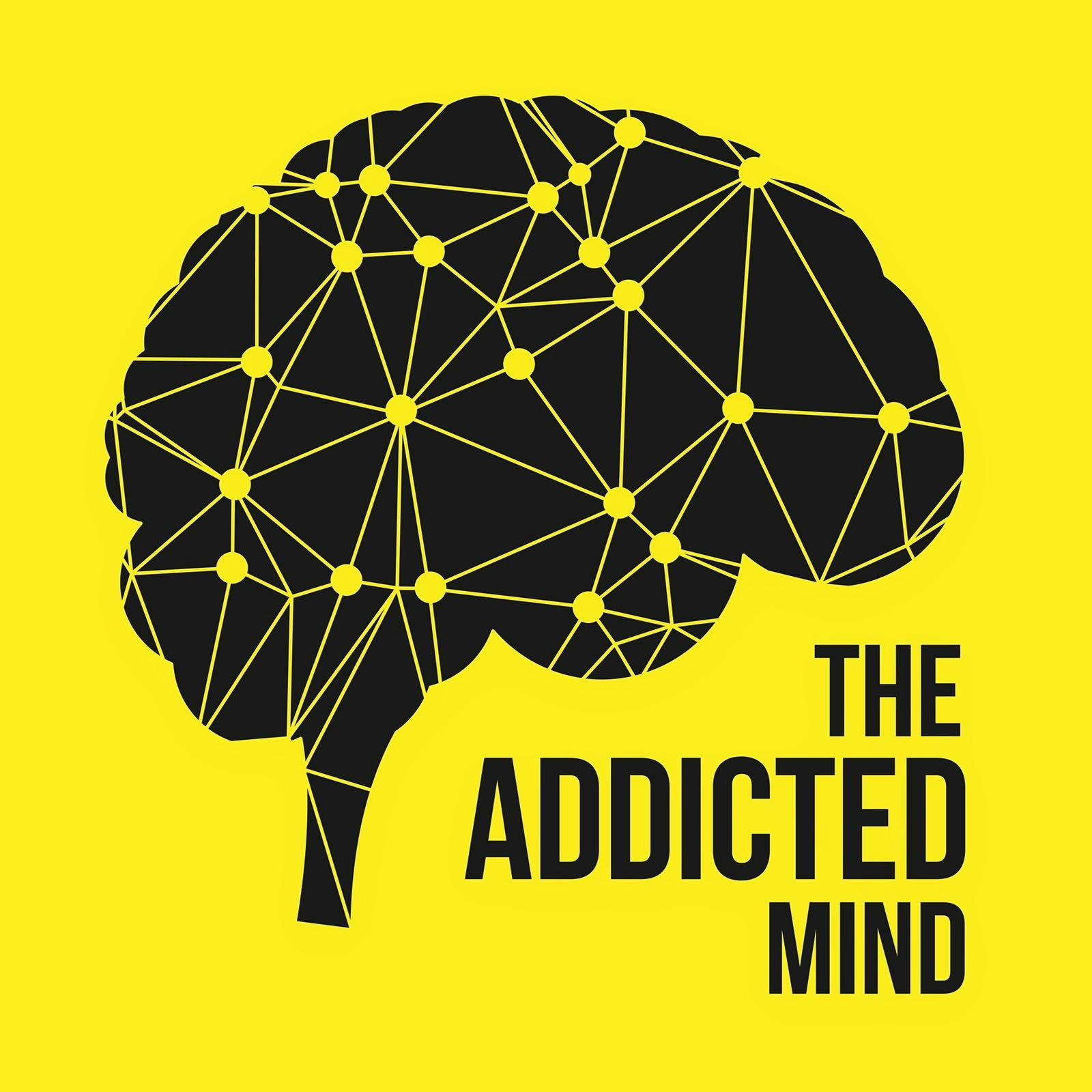158: The Science of Addiction with Gill Tietz

b'On today\\u2019s episode of The Addicted Mind Podcast, Duane speaks with Gill Tietz, a biochemist and the host of the Sober Powered Podcast. Gill shares her alcohol addiction journey, the connection between our brain chemistry and addiction, and how she used her knowledge of science to achieve sobriety, change her way of thinking, and ultimately change her life.\\nGill had her first drink at 18 years old and, after feeling shame and guilt, she decided not to drink anymore after that. Four years later, when she was at grad school, she started drinking with her colleagues. Having dealt with bullying and trauma early in life, Gill just wanted to fit in. Once she had just one drink, she thought it was magic and the best feeling in the world. Best of all, she finally felt included.\\xa0\\nWithin a year, she became a daily drinker. Drinking was a huge part of the culture of the lab she worked at so she thought it was normal behavior. By the second year, she was drinking a lot more with 80% or more alcohol in her drinks. She was blacking out several nights a week and going to work massively hungover. Towards the end, she started having several mental health issues, hating herself, and becoming very suicidal.\\xa0\\nFinally, Gill braved through her alcohol issue by accepting reality and looking at her drinking for what it was versus what she was hoping it could be someday. By removing emotions from the equation, she started to look at things from a more scientific perspective. Having removed feelings of shame and guilt, she opened herself up to self-compassion.\\xa0\\nIn this episode, you will hear:\\n\\nWhat it\\u2019s like to be in a work culture where drinking is normal\\xa0\\n\\nHow drinking impacts mental health\\n\\nThe science behind addiction\\n\\nHow understanding the science behind it opened Gill up to self-compassion\\n\\nHow sobriety is achieved by looking at facts and removing emotions\\n\\nHow brain chemistry is related to addiction\\n\\nThe study looking at endorphin levels for social drinkers and people with alcohol issues\\n\\nThe misconception about dopamine\\n\\nThe concept of neuroplasticity\\n\\nKey Quotes:\\n[10:08] - "I really didn\'t think my behavior was weird. I was just doing what you\'re supposed to do."\\n[19:42] - \\u201cIn science, you\'re trained to be very objective. Your thoughts and beliefs about something don\'t make it true.\\u201d\\n[20:07] - \\u201cThe big reason I was able to stop \\u2013 I finally accepted reality and looked at my drinking for what it actually was."\\n[22:56] - \\u201cWhen you can disconnect yourself from that, and just look at the actual facts of what\'s going on, it\'s helpful to make a good decision."\\n[24:47] - \\u201cIt\'s a bunch of different risks that add and subtract from each other. And if they add up enough, your risk of having a problem is very, very high. And then bam, you have a problem."\\n[29:15] - \\u201cAs you abuse alcohol, it makes changes to your reward system and other areas of your brain.\\xa0\\n[29:27] - \\u201cNot everyone\'s brain reacts exactly the same to alcohol.\\u201d\\n[32:26] - \\u201cEndorphins actually trigger the release of dopamine."\\nSupporting Resources:\\nSober Powered Podcast\\nEpisode Credits\\nIf you like this podcast and are thinking of creating your own, consider talking to my producer, Danny Ozment.\\nFind out more at https://emeraldcitypro.com\\nLearn more about your ad choices. Visit megaphone.fm/adchoices'